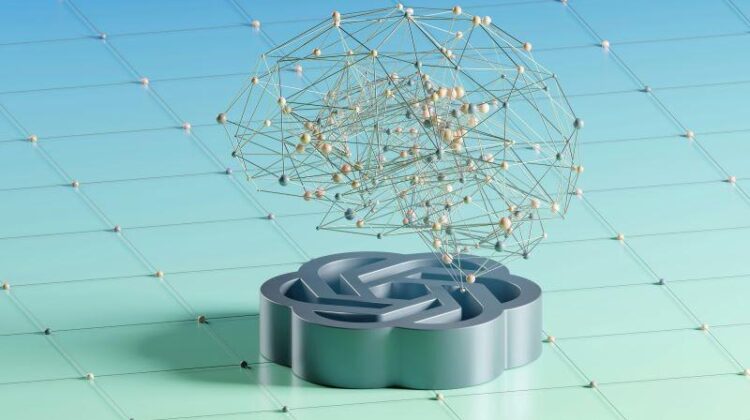
OpenAI just added a cool new thing to ChatGPT—it can now remember stuff from your past chats! A few folks had the chance to test drive OpenAI’s latest tweak to ChatGPT. This upgrade is a real deal-breaker—it ramps up how smart and friendly our chats with AI can be.
Now, ChatGPT can track what you talked about before, making your conversations feel like chatting with a friend who remembers things you’ve said.
- OpenAI introduces a memory feature for ChatGPT to a limited number of users, enabling the AI to remember past conversations for more personalized interactions.
- Users have complete control over the memory function, with options to manage, delete, or turn off the feature for enhanced privacy.
- With ChatGPT’s new memory feature in play, companies can ramp up their efficiency while developers have a golden opportunity to craft even more intelligent chatbot experiences.
OpenAI Rolls Out Memory Upgrade for ChatGPT to Selected Users
Key Developments:
- Selective Rollout: The integration of the memory feature is currently limited, with a select number of ChatGPT users being the first to test its capabilities.
- Advanced Personalization: Leveraging past conversations, ChatGPT can provide responses uniquely tailored to the user’s preferences and previous interactions.
- User Empowerment: Users retain complete control and can actively manage ChatGPT’s memory settings, including the ability to delete memories or turn off the feature entirely.
Deeper Feature Insights:
- Adaptive Memory: ChatGPT’s memory is dynamic, improving as it interacts more frequently with users.
- Customized Interactions: The AI can now store and recall individual user preferences, such as writing styles or formatting requests for tasks like compiling meeting notes.
- Heightened Contextual Relevance: With the ability to reference past exchanges, ChatGPT can offer suggestions and responses that are more pertinent to the current conversation.
Prioritizing User Privacy:
Flexible Memory Management: Users can tailor the memory settings to their preferences, ensuring comfort and control over the AI’s recall abilities.
Evolving Recollections: Unlike static databases, ChatGPT’s memory is not anchored to specific interactions but develops organically through continued use and user engagement.
Streamlined workflows are all about optimizing how work gets done—quick access to vital info leads to a serious boost in getting things done and keeping the ball rolling.
Organizational Control: Companies have the autonomy to turn off the memory feature across their organization, giving them additional control over their internal processes.
Developer Control: OpenAI empowers developers by letting them weave the memory feature into their GPT-powered tools, cranking up the dial on personalization.
Commitment to Privacy and Safety:
Proactive Biases Mitigation: OpenAI is actively addressing potential biases in memory recall, especially concerning sensitive user information, ensuring that the AI does not proactively remember or reveal private details without explicit user consent.
Ongoing Safety Reviews: As this feature is in its early stages, OpenAI is conducting thorough reviews of additional privacy and safety measures to ensure the secure deployment of the memory function.
Looking to the Future:
Broader Accessibility Plans: While the memory feature is currently available to a limited user base, OpenAI is gearing up to expand access, with more details to be disclosed soon.
Selective User Access: At this stage, the feature is exclusively available to a small subset of users, including free and subscribed ChatGPT members.
OpenAI’s latest upgrades to ChatGPT, like the new memory feature, directly respond to what users have been asking for—helping it stay ahead of the curve. Keeping up with the latest changes is good, whether using ChatGPT or making cool stuff. OpenAI is working hard to do more with ChatGPT, ensuring it’s safe and you can trust it.

Leave a Reply